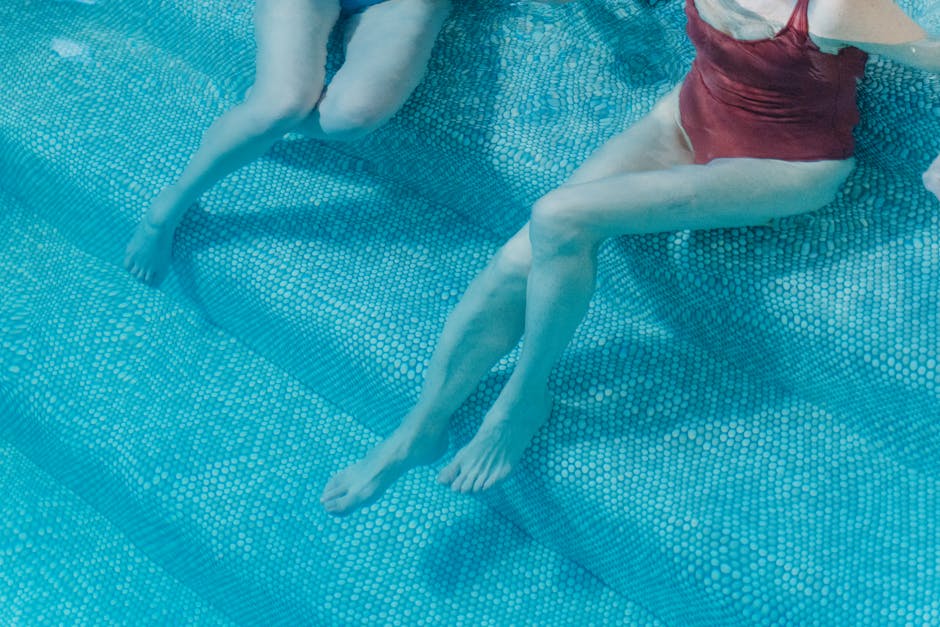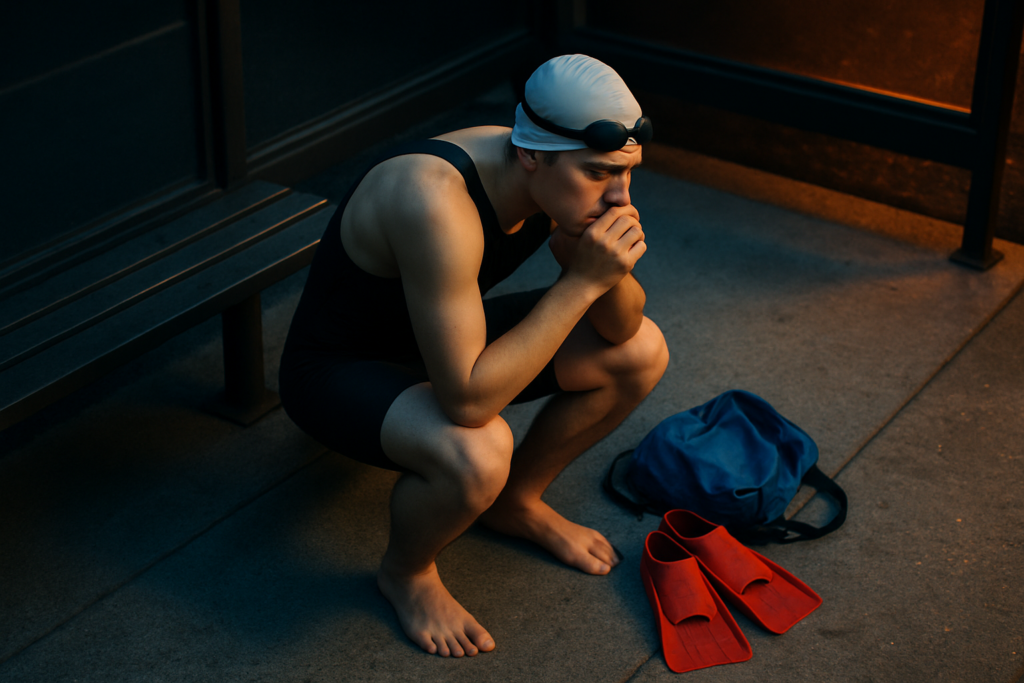Navigating the demanding waters of academics while excelling in competitive swimming can be a challenging yet rewarding journey for student-athletes. As a dedicated swimmer and student myself, I understand the delicate balance required to thrive in both domains. In this article, I’ll share valuable insights and practical tips on how to effectively manage the rigorous schedules of school and swimming, ensuring success both in the pool and the classroom.
From time management strategies to prioritization techniques, finding harmony between academic responsibilities and swim training is key to achieving your full potential as a student-athlete. As I delve into the intricacies of this dual commitment, you’ll discover actionable advice that can help streamline your daily routine and enhance your performance in both academic and athletic pursuits. Let’s dive in and explore the art of balancing academics and competitive swimming for a fulfilling and successful student-athlete experience.
Understanding the Challenges of Balancing Academics and Competitive Swimming
As a student-athlete juggling academics and competitive swimming, I’ve encountered various challenges that come with managing these two demanding aspects of my life. Let’s delve into the difficulties that arise and how to navigate them effectively.
- The Time Management Dilemma
Balancing the rigorous training schedules of competitive swimming with academic obligations can often feel overwhelming. On one hand, there are early morning and late-night swim practices, followed by full days of classes, study sessions, and homework. It requires meticulous planning and prioritization to ensure that neither academics nor swimming pursuits suffer. - Emotional and Physical Stress Factors
The dual commitment to academics and competitive swimming can take a toll on both emotional well-being and physical health. The pressure to excel in both areas can lead to stress, anxiety, and fatigue. The constant need to perform well academically while striving for swimming excellence requires resilience and effective coping mechanisms to manage the emotional and physical stressors that may arise.
Strategies for Effective Time Management
When it comes to juggling academics and competitive swimming, setting realistic goals is key. I make sure to establish achievable targets for both my studies and training to avoid feeling overwhelmed.
Setting Realistic Goals
I always start by breaking down my academic and swim goals into smaller, manageable tasks. By setting specific and measurable objectives, I can track my progress effectively. It’s essential to be honest with myself about what I can realistically accomplish within a given timeframe.
Prioritizing Tasks and Deadlines
Prioritizing tasks is crucial in managing my time efficiently. I prioritize assignments based on deadlines and importance, ensuring that I tackle the most urgent tasks first. By creating a clear roadmap of what needs to be done and when, I can stay on top of my academic responsibilities and training commitments.
Psychological Tips for Maintaining Motivation and Focus

As a student-athlete managing academics and competitive swimming, it’s vital to stay motivated and focused. Here are some psychological tips to help you maintain your drive:
Building a Supportive Network
Surround yourself with a supportive network of friends, family, coaches, and teammates. Having positive influences can boost your morale, provide encouragement during tough times, and offer a sense of belonging and understanding.
Techniques for Mental Health and Resilience
Practice mindfulness and relaxation techniques to manage stress and stay mentally resilient. Engage in activities like deep breathing exercises, visualization, or meditation to center yourself and build emotional strength. Remember to prioritize self-care and seek help from professionals if needed to ensure your mental well-being.
Nutritional Advice for Student-Athletes
As a student-athlete balancing academics and competitive swimming, understanding the significance of nutrition is crucial for optimal performance. Proper fueling not only enhances physical output but also supports mental focus and overall well-being.
Importance of a Balanced Diet
Maintaining a balanced diet plays a vital role in the life of a student-athlete. Including a variety of nutrient-dense foods such as lean proteins, whole grains, fruits, and vegetables is essential for energy levels and muscle recovery. For instance, consuming lean proteins like chicken, fish, or tofu helps in muscle repair after intense swim sessions. Similarly, incorporating complex carbohydrates like brown rice or quinoa provides sustained energy for both studying and training sessions.
Hydration and Performance
Hydration is paramount for student-athletes to perform at their best both in the classroom and in the pool. Staying well-hydrated aids in regulating body temperature, maintaining focus, and preventing fatigue. It’s important to drink an adequate amount of water throughout the day and especially before, during, and after swim practices or competitions. Electrolyte-replenishing beverages can also be beneficial after strenuous workouts to restore essential minerals lost through sweat.
By prioritizing a balanced diet and proper hydration, student-athletes can support their academic and athletic pursuits with optimal nutrition strategies.


 is a dedicated fitness enthusiast with a deep-seated passion for swimming and holistic health. Leveraging her extensive background in competitive swimming and personal training, she provides readers with expert advice on optimizing their workouts and enhancing their overall well-being. Kiara's writing stands out for its blend of motivation and practical tips, making complex fitness concepts accessible and actionable. She is committed to helping individuals of all levels reach their fitness goals by promoting a balanced approach to exercise and nutrition. In her articles on Swim Fast Stay Fit, Kiara shares her personal experiences, training techniques, and strategies for overcoming common fitness challenges, inspiring others to lead healthier and more active lives.
is a dedicated fitness enthusiast with a deep-seated passion for swimming and holistic health. Leveraging her extensive background in competitive swimming and personal training, she provides readers with expert advice on optimizing their workouts and enhancing their overall well-being. Kiara's writing stands out for its blend of motivation and practical tips, making complex fitness concepts accessible and actionable. She is committed to helping individuals of all levels reach their fitness goals by promoting a balanced approach to exercise and nutrition. In her articles on Swim Fast Stay Fit, Kiara shares her personal experiences, training techniques, and strategies for overcoming common fitness challenges, inspiring others to lead healthier and more active lives.
